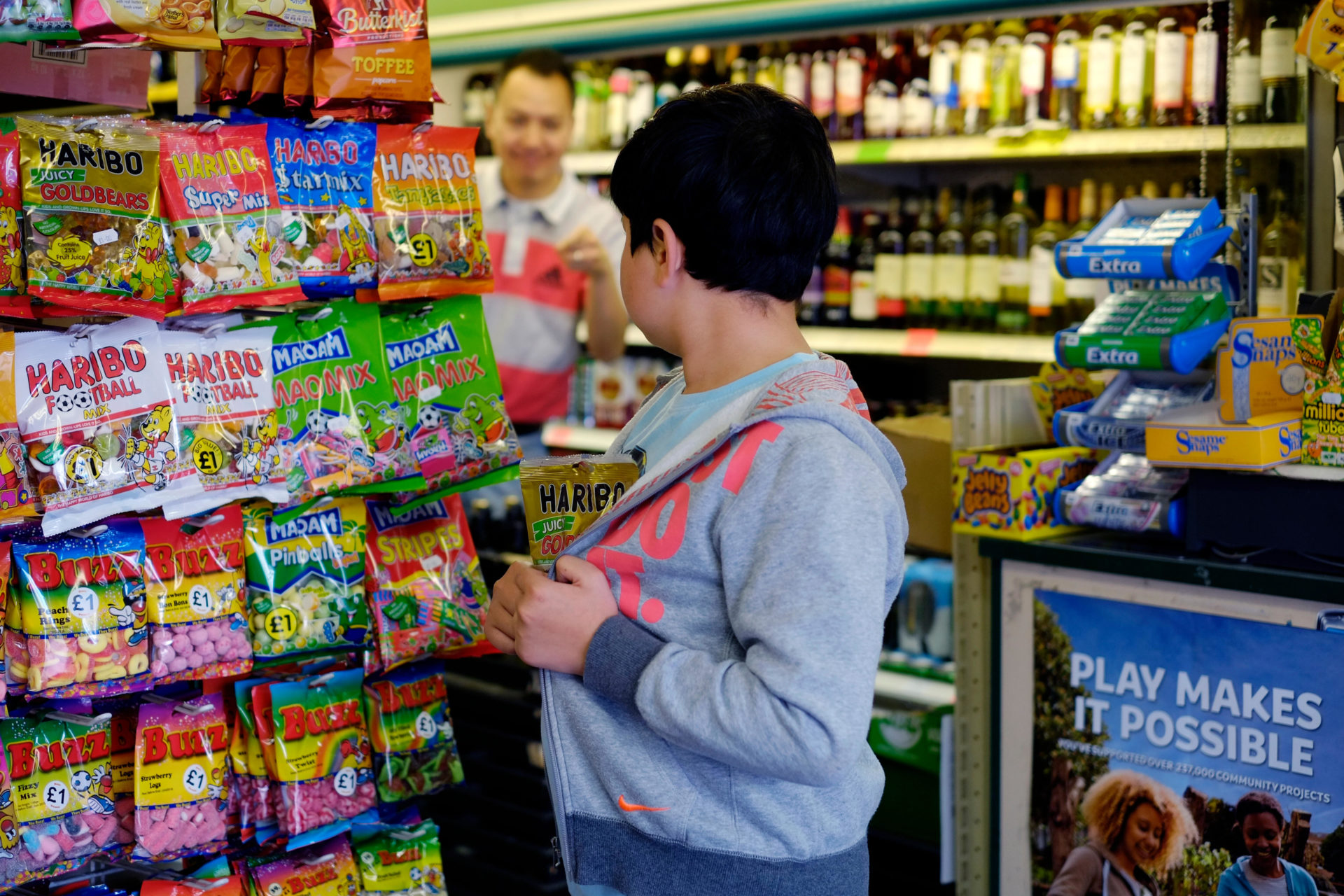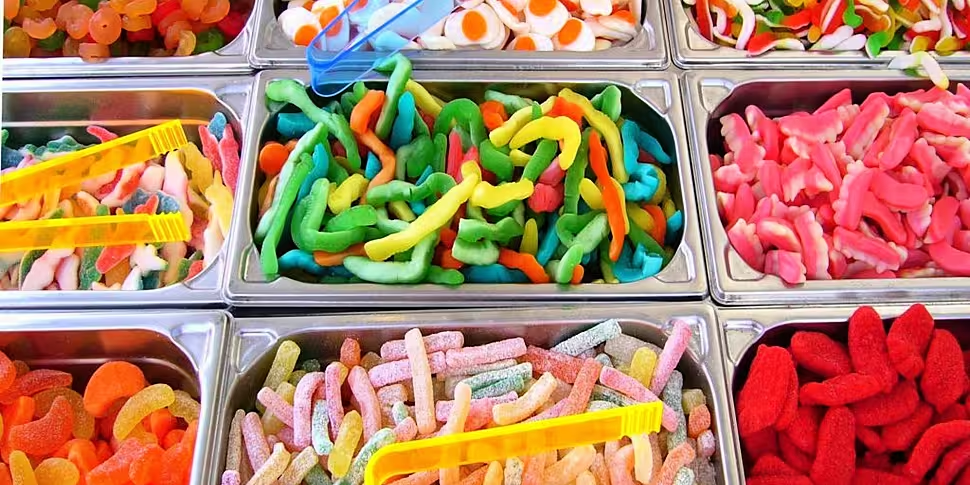On this week’s ‘Parenting’ segment, one mother is concerned about her daughter’s newly developed habit of hoarding food.
“I have a 14-year-old daughter, I'm a lone parent and I adopted her as a baby,” she told Moncrieff.
“We enjoy a good extended family life and have great friends.
“I am very aware of early childhood trauma and the effects it has on emotional development.
“My gorgeous daughter is well integrated into school and appears very happy overall.
“The main reason I'm making contact is that despite getting lots of treats and having an open fridge cupboard to help herself, she has been buying and hoarding mountains of sweets under her bed for the past few months.
“No matter how much we discuss it, she continues to do it - clearly, it's an emotional need she has.
“She tells me she doesn't know why she does it, but she can't stop.
“Where do we go from here?”
 E5DYTE young boy shoplifting sweets in a small mini market
E5DYTE young boy shoplifting sweets in a small mini marketFamily psychotherapist Joanna Fortune said many children develop new and sometimes concerning behaviours during their teenage years.
“I think as parents we’re always like investigators, [wondering] what could it be?” she said.
“That's really worth doing because when you do meet a professional, they're likely to ask you that very same question – has something happened? But you might be thinking, no, nothing.
“However, what has definitely happened is she's turned 14 and a whole lot goes on, especially at that stage.
“I often find there's a peak time for parents making contact [and saying] ‘oh my gosh, we're having challenges’ – 14 is one of those really common ages, and it's because they're in the throes of that early adolescent phase of development.”
Disordered eating
Joanna said that food hoarding can lead to disordered eating, and recommended the mother get her daughter professional help.
“The best thing to do is refer her to a suitably qualified psychotherapist or psychologist who deals with disordered eating,” she said.
“If you're going – ‘gosh, where will I start with that? Body Whys is an excellent resource.
“They keep a list of suitably qualified professionals that have said ‘I'm happy for you to put my details on your website, this is an area and the subject matter I work with’.
“They will also have some resources and information on their website, bodywhys.ie.”
Coping strategy
According to Joanna, hoarding can also develop as a way to cope with other issues in a person’s life.
“We also look at hoarding in terms of [whether] it's an avoidance strategy, maybe to avoid dealing with something else,” she said.
“Now, you might not know what the something else is – and to be fair to your 14-year-old, when she says ‘I don't know why I do it, but I can't stop’ – believe her.
“That's not a teenager saying, ‘I do know, but I'm choosing not to tell you’.
“She is likely not to know - it's more of an impulse than that, like a compulsion to keep repeating it.”
Joanna said that a professional setting would help the daughter to understand this issue for herself.
Listen back here:









